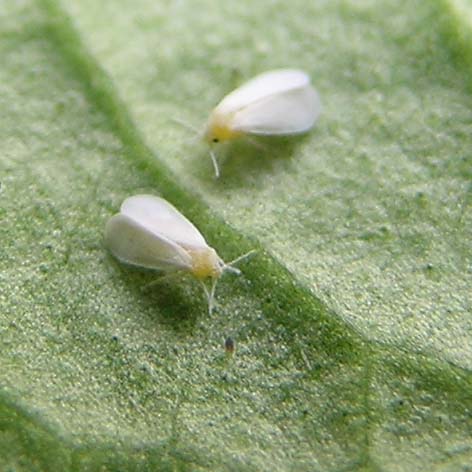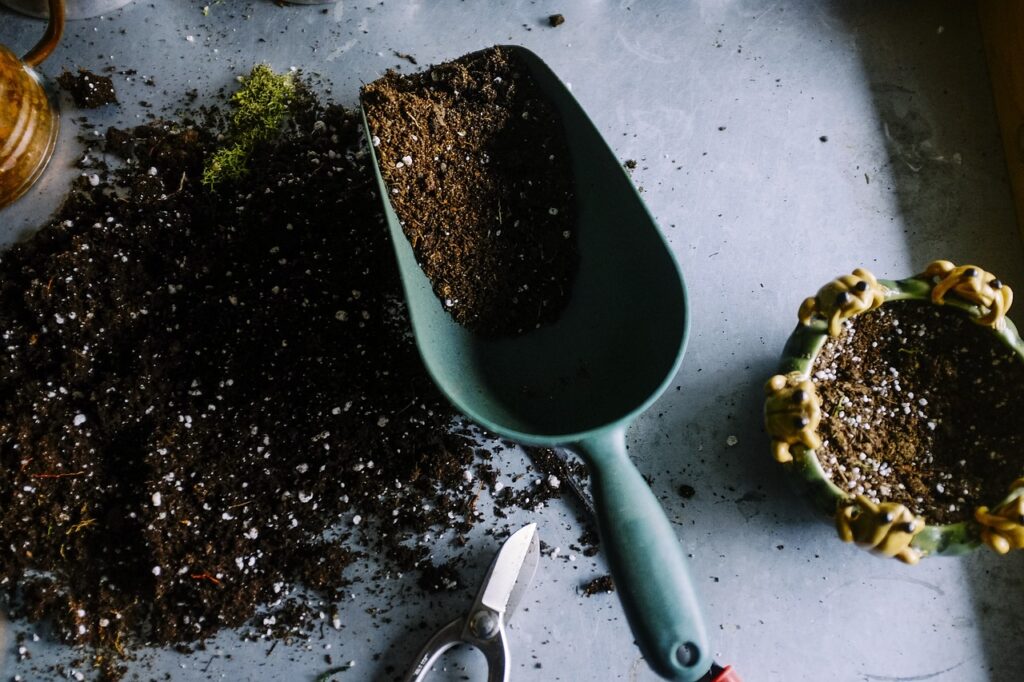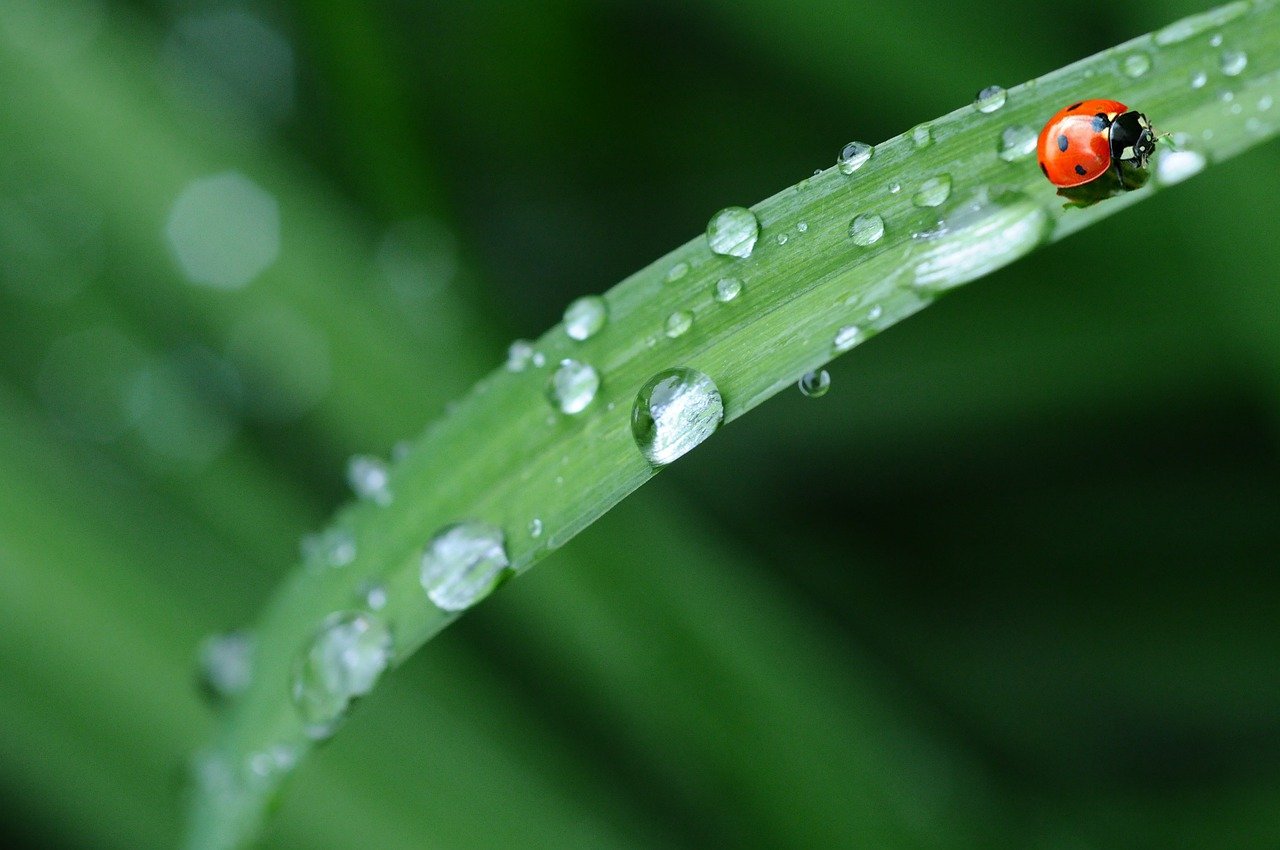Whiteflies are tiny pests that can infest your garden. They can usually be found feeding on the undersides of plant leaves and can suck the very life out of your plants — causing them to wilt and die. One of the most effective ways to get rid of them is the use of insecticides. But these commercial products are often toxic to other plant and animal life. So, you may want to try natural methods to get rid of whiteflies.
Why you should consider the natural approach
Insecticides can be damaging to your plants, the insects in your house’s exterior, and to you and your family. That is why it is good to try natural methods.
- Insecticides can ruin your plants. Insecticides are toxic chemicals that effectively kill insects like whiteflies. As solutions that are meant to kill, it’s not surprising to know that they can also hurt the plants that they are meant to protect. Plants that have been exposed to insecticides can suffer from pesticide toxicity. This can have various negative effects, such as the reduction of chlorophyll and protein and a decrease in photosynthetic efficiency.
- Insecticides can affect the biodiversity in your house’s exterior. Insecticides don’t just kill garden pests like whiteflies. They can kill everything outside your house. You may think that this is a good thing. After all, many other pests can thrive outside your house, such as mosquitoes. But having a house exterior that is completely devoid of life is not always advantageous. It actually puts you at risk of pest infestations. Wandering pests can choose your house’s exterior as their new home since it is free of natural predators.
- Insecticides can be dangerous to you and your family. Insecticides can have short-term and long-term adverse effects on humans. Short-term effects include skin burning and irritation, blisters and rashes, and nausea. Long-term effects include birth defects and infertility, organ damage, and cancer.

How to get rid of whiteflies naturally
The best thing about the natural approach is that most of the available approaches don’t involve toxic ingredients. Generally, they won’t be able to hurt you, your plants, or the biodiversity of your house’s exterior.
1. Use a spray that can serve as an insecticide alternative
- Use neem oil or vinegar solutions. You can make a solution by combining water with another agent. Usually, this agent is neem oil or vinegar. To make a neem oil-water solution, mix a few drops of neem oil and water and put the resulting solution in a spray bottle. And to make a vinegar-water solution, simply mix vinegar and water in equal ratios. But remember that plants can become sensitive to neem oil and vinegar. Make sure to spray in a single leaf first before spraying all your infested plants. If you notice a reaction, dilute the neem oil or vinegar further by adding more water.
- Try pure water. If mixing a solution sounds too much work, you can try even only water itself. With water, you will also not be worried about negative reactions. To get rid of whiteflies naturally with just water, use a hose. But make sure that the water pressure is not that high. This is because some plants, especially young shoots, can become damaged because of high water pressure.
2. Let nature do the work
- Let whitefly natural predators thrive on your house’s exterior. Whiteflies have a lot of natural predators, such as small birds, lacewings, and ladybugs. You can let nature take its course. Just attract whitefly natural predators and let them deal with your whitefly infestation. You can attract small birds by installing birdbaths, bird feeders, and nesting boxes. And you can attract lacewings and ladybugs by planting certain herbs and plants. Lacewings like pollen and nectar, so you can try goldenrods and marguerite daisies. And ladybugs like oregano and thyme.
- Buy beneficial insects. If attracting these natural predators seems complicated, you can also just buy them instead. You can buy the likes of lacewings and ladybugs in garden supply stores. If you don’t have time to go outside, you can even order them online. You can then introduce these beneficial insects to your house’s exterior yourself instead of waiting for them to be naturally attracted.
3. Try the manual approach to get rid of whiteflies
- Vacuum up the whiteflies. You can’t get any more natural than removing the whiteflies yourself manually. One of the best natural approaches is the use of a vacuum cleaner. Simply run your vacuum cleaner on the infested plants. And then throw away the contents of the vacuum cleaner in a garbage can far away from your house to prevent the captured whiteflies from coming back. As much as possible, use a small or handheld vacuum cleaner. This is because their sucking power is weaker compared to big vacuum cleaners. The problem with big vacuum cleaners is that their power may be too strong, especially for weak or young plants.
- Pick them up with your hands. You can also remove whiteflies by hand. It’s a laborious approach, but it’s still very effective. Use gloves and/or a soft cloth to capture the garden pests. Put them all in a container, and then empty the container in a garbage can far away from your house. Don’t forget the infested leaves as well. You may want to cut them off and throw them in the same container.

How to prevent whiteflies from coming back
Your effort in getting rid of whiteflies naturally will be futile if a new batch of whiteflies goes to your property. Prevent these garden pests from coming back with these simple tips.
- Manage the nitrogen content of your garden. Your gardening habits can be ruining your plants. Yes, nitrogen can be good because it can be used as a fertilizer. But too much nitrogen in the soil can attract various garden pests, including whiteflies. Make sure the nitrogen level of your garden soil is normal.
- Get some strong-smelling plants. Strong-smelling plants naturally repel whiteflies. You can introduce these plants to your garden to prevent whiteflies from coming back. Such plants include cilantro, mint, onion, and parsley.
- Clean and check plants regularly. You can never be too sure that your plants are free of whiteflies. Make sure to check them regularly. Give particular attention to the undersides of leaves because these are the parts where whiteflies tend to thrive. Give particular attention to these parts as well when cleaning and watering your plants.

